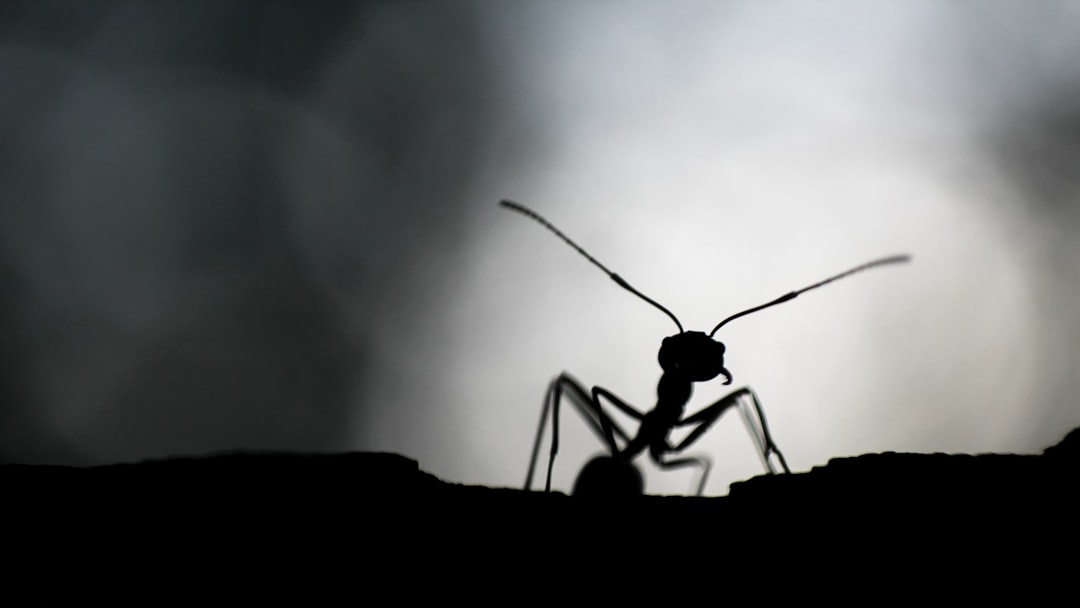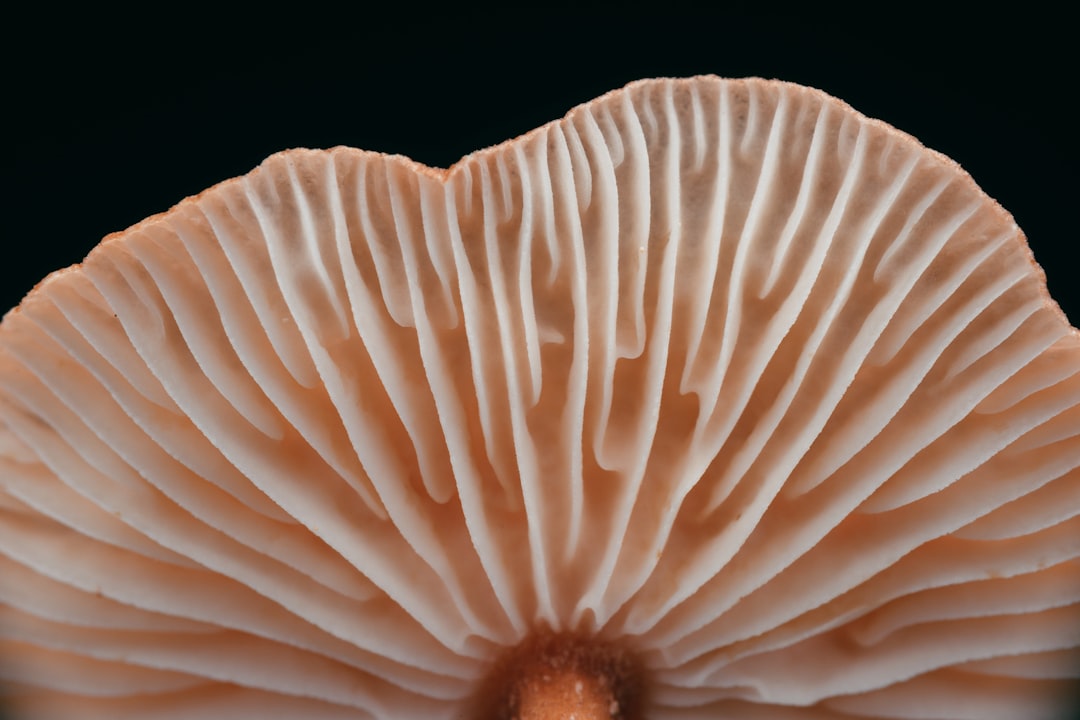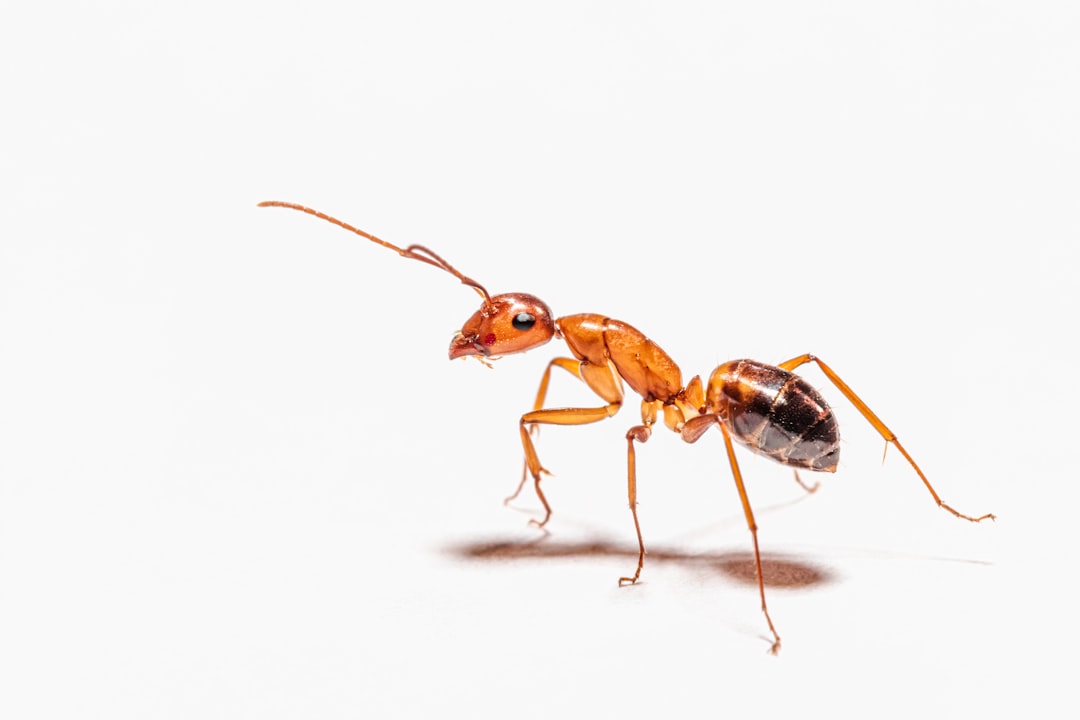The butcher who provides you with meat and the baker who provides you with bread are praiseworthy because they are making money but when you enjoy the food they have provided you are merely frivolous, unless you eat only to get strength for your work. — Bertrand Russell, “In Praise of Idleness”

What do do with the wedding gifts: the silver pie server, the inexplicably tiny copper saucepan.
Or the travel souvenirs. There’s a godawful bottle of Alpine Mint liquor from the Republic of Georgia that was undrinkable from the start and now has brown stuff floating in it. I pour it down the drain and now the house smells like a dentist’s office.
I keep the unopened Korean soju, though the bottle’s dusty.
Michael doesn’t drink.
We take breaks to talk cemetery plots. We have them, in Maryland, next to each other of course. We visited once, and I’m trying to remember the tree situation. More than anything else, I want to be near trees when I die.
Scientists have recently discovered what they think might be an actual fungi vocabulary. Fifty different distinct pulses. Other scientists are holding off, cautious — how do we know it’s a language, they ask. It’s a good question, it would be such a blow-away discovery if true. Still, I can’t help but think about the implications wherever I walk, now. The fungi, underneath my feet. Probably gossiping about me. Maybe making plans for my hair. The million long strands getting tangled in the roots, in the tunnels and shoots.

Sorting through files, getting bored, I think about ants, those lazy suckers.
Yes, I know: we’ve all been sold a different image. Ants, the captains of animal industry. Tiny forces of indomitable will, scattering chaotically in an extended brain metaphor, a real-life synapse sparking. The ant captures a leaf-bite, follows her own trail back to the nest, and hits the ding! of success — a little dopamine hit — and then she’s out once again, on another quest, relentless.
Except not. Except that “the literature is filled with reports of [more than] 50% of workers in colonies being inactive across all social insect taxa… [but] the role of inactivity (rest and quiescence) is rarely considered” (Charbonneau and Dornhaus). They’re hanging out. They’re chillaxing. Maybe looking in on the kids every once in a while but not even really much of that — there are nurse ants for that.
They’re getting fat, those lazy ants, that’s what they’re doing. Corpulent, as the scientific papers put it.
“Those sure are some corpulent ants,” they must say to each other in the labs.
At first, they weren’t sure why. Why all these lazy ants? The fact that there are a lot of lazy animals of just about every species studied did not, apparently, move them.
“Investigations of time budgets reveal that for many animals a surprising proportion of their active time is spent in inactivity,” wrote Joan Herberts in 1981. No kidding. No one likes doing stuff. At least, not the stuff that they don’t want to do.
“If an organism's goal is to stay alive, one satisfactory strategy is a thermostat feeding process whereby the animal initiates foraging when it perceives hunger and ceases when it becomes satiated.”
Poets have noticed this.
Old friend,
perhaps we work too hard
at being remembered.
Which way will the creek
run when time ends?
Don’t ask me until
this wine is empty.
Nothing to do.
Nowhere to go.
The moth just drowned
in the whiskey glass.
This is heaven.
(All poems by Jim Harrison and Ted Kooser, from their joint book, Braided Creek. When asked about attributions for the individual poems, one of them replied, “Everyone gets tired of this continuing cult of personality … This book is an assertion in favor of poetry and against credentials.”)
Maybe the fungi can read the poems to the ants? Is that too much work though? Just tossing ideas out there.

It turns out the ants aren’t just fat. They’re walking larders, in case of lean times, and they’re also replacements. When scientists take away the active workers, the slothful ants awaken, ready to step in.
We are not nearly done packing, still far from saying goodbye, but there must be rest, so we order take out and put on “The Good Place,” which we never watched when it came out. It’s a show about ethics, which works, and also about romanic love, which is more awkward. As we inch closer to the end — of the show, of the packing, of the meal — the likelihood of crying increases. I’m a corpulent ant, with all the resources to finish the task — but not yet, not yet, not yet. Rest a little longer.



I would not be living the life I am without the Harrison/Kooser Braided Creek book, and there isn't a drop of hyperbole in this statement.
I love the way this flowed, and what I learned, and it will serve as a reminder to finally grab a copy of Braided Creek, and to rest.